In the spirit of mental health awareness month, we’re highlighting some of our favorite tech gadgets that can help you stay healthy and keep your mindset in check. We’re talking about meditation apps, sleep trackers, and even some video games designed to make you feel more at ease.
When it comes to mental health, there are so many things that can get in the way of feeling happy — and it’s important to remember that sometimes what you need is a little bit of help from technology. Find below seven tech gadgets that can help you achieve a healthy lifestyle by improving your mental health:
1. Brain Sensing Headband
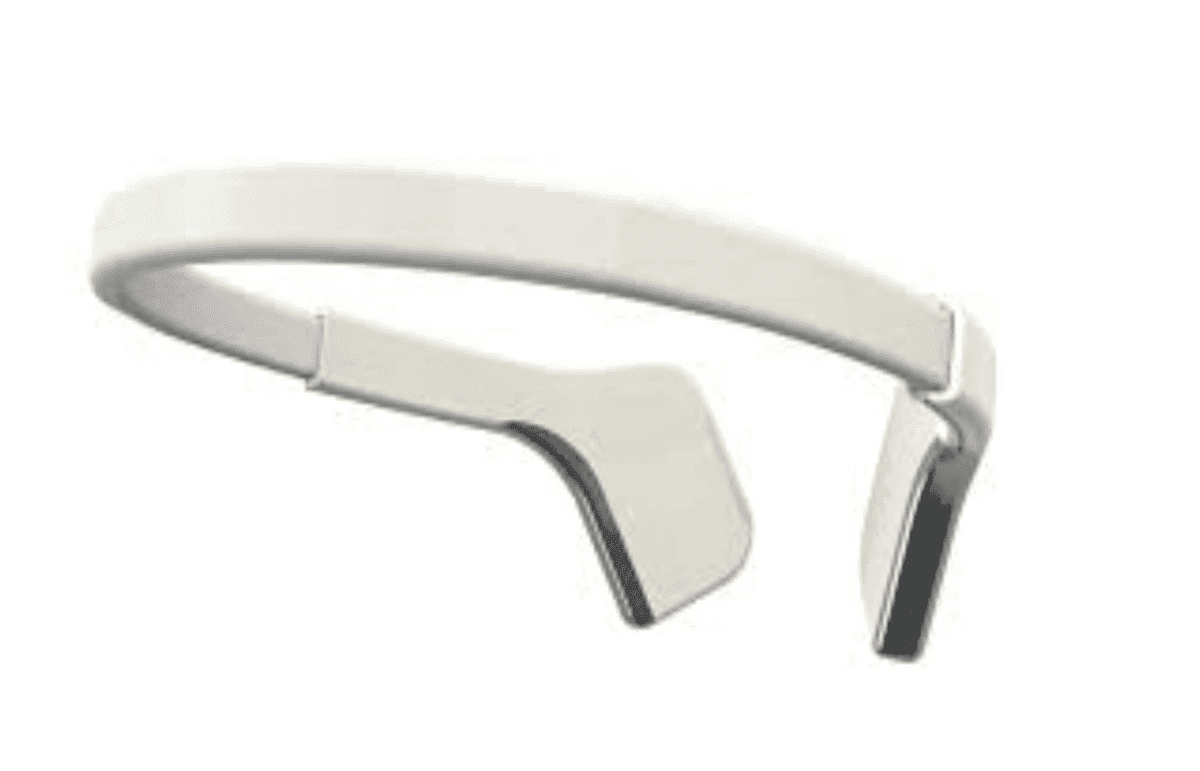
A brain-sensing headband is a wearable monitor with electroencephalography (EEG) powered sensors that improve brain capacity. It is capable of aiding meditation and sleeping by using feedback from neuroactivity. The monitor lets you control music, games, and other applications on your phone or computer using your mind.
With support from third-party digital apps, a brain-sensing headband can allow users to monitor their heart rates, locomotion, and breathing and improve mindful meditation. The device has proven to help people who suffer from stress, anxiety, ADHD, and other conditions by allowing them to focus on their actions instead of being distracted by their thoughts.
By observing electric neural activity alongside third-party apps, a brain-sensing headband can develop weather sounds like calm winds, ocean roars, and other natural elements to help users remain calm, improve focus and meditate better. Its lightweight makes it easy to wear anywhere for hours while connected to your phone or computer through Bluetooth. The gadget is worth every penny that it costs.
2. Mobile ECG
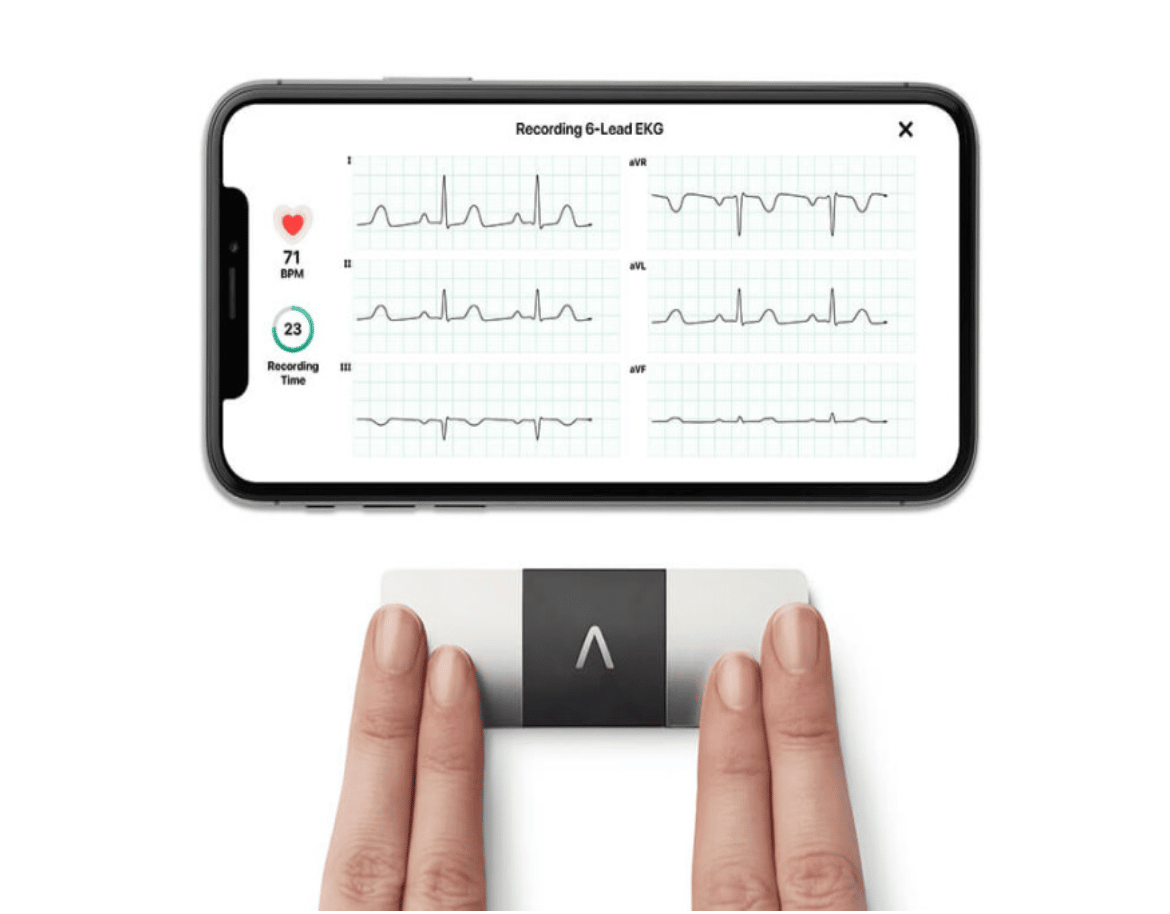
A mobile ECG is a wireless heart monitor that records your heart rate and rhythm and sends results to a mobile application. These results are sent to your doctor, who, in turn, uses them to detect irregularities like atrial fibrillation (AFib), arrhythmias, ventricular tachycardia (VT), Wolff-Parkinson-White syndrome (WPW), and other severe heart conditions.
Mobile ECGs are FDA-approved, with millions of active users worldwide. The device is small enough to fit in your pocket or purse and can be used in the home, office, or anywhere else. Also, the application is compatible with both Android and Apple Operating Systems, and you can download it from the respective app store.
As brain-sensing bands are the fitness tool of the brain, mobile ECGs are the fitness tool of the heart.
3. ADHD Video Games

Several studies have shown that games can disrupt our circadian rhythm and cause fatigue and insomnia. Who could have thought that one-day video games would be used to treat health issues? Several interactive video games have been designed to help children with ADHD improve their focus and attention span.
Attention Deficit Hyperactivity Disorder (ADHD) is a common neurodevelopmental condition (especially in children) that causes hyperactivity, impulsiveness, and other mental conditions. People who have ADHD have difficulty concentrating and often take action without thinking things through. This mental problem impairs the life of academic, social, interpersonal, and other parts of a person’s life.
The game’s primary goal is to help users maintain an active lifestyle by encouraging them to keep up with their goals and providing them with helpful information about nutrition and exercise. It also allows players to choose and customize characters based on their experiences and preferences.
ADHD video games are a dream come true for children and adults. ADHD is a condition that can be treated with video games for children, the only FDA-approved digital therapeutic solution. You can purchase the games from any pharmacist near you with a prescription from a medical practitioner.
4. Cardiopulmonary Sensors
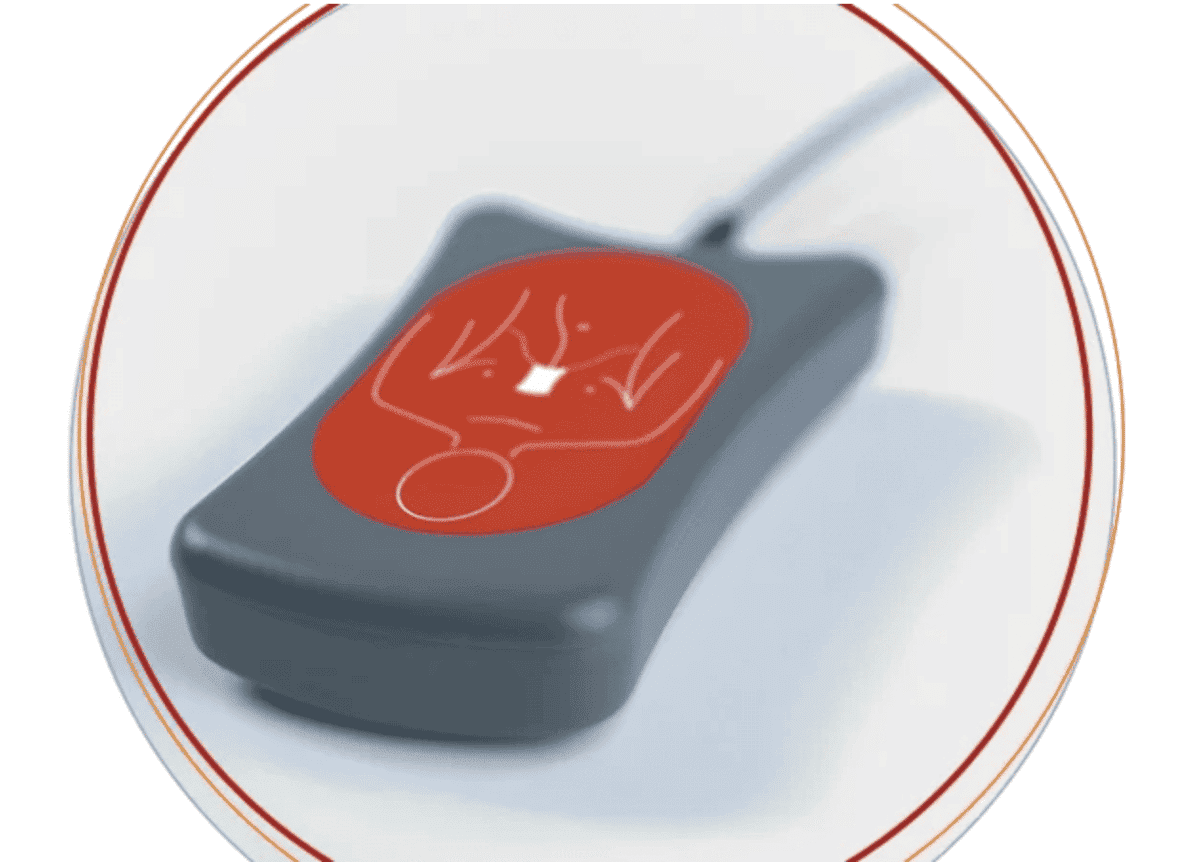
The COVID-19 pandemic inspired many new trends in healthcare. Several approaches toward treating respiratory illnesses have been reviewed and upgraded. A cardiopulmonary sensor is one such respiratory treatment upgrade. The device monitors and improves your breath and helps combat chronic cardiopulmonary illnesses.
Cardiopulmonary sensors are wearable iRIS home devices using LTE broadband to detect changes in breathing patterns and provide compact data for use by physicians. Thus making remote care for patients more manageable. It can also be used as an alarm clock and will wake you up with gentle vibrations rather than an obnoxious ringtone that disturbs your partner.
The sensors embedded in the device are seamless, and its AI is programmed to detect no less than thirteen cardiopulmonary signs of irregular respiration. This is done by direct capture of the respiratory rate and tidal volume. Cardiopulmonary sensors can predict patients’ clinical decline in respiration and even provide a centralized data report. This device is suitable for runners, yogis, older people, and those who want better sleep.
5. Respiratory Monitors
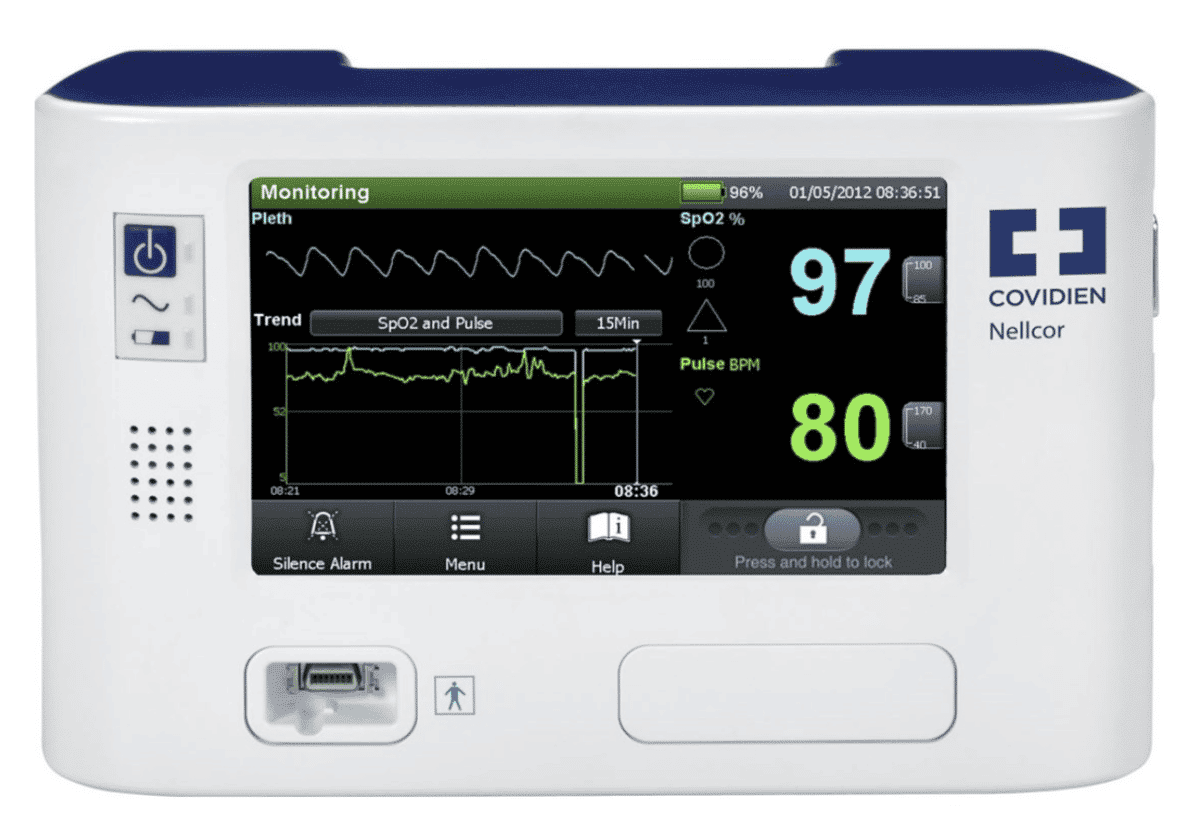
A respiratory monitor is a small gadget attached to your phone that tracks your breathing rate, temperature, heart rate, and blood oxygen levels over time. Comparing these numbers to their averages, the monitor can tell when there is an abnormality that can affect your overall health. It comes with a smart sleep tracker that alerts you when you are in deep sleep, light sleep, or REM sleep. This feature is essential for people with asthma or sleep apnea, as it can help them monitor their condition and prevent attacks.
6. Stress Relief Band
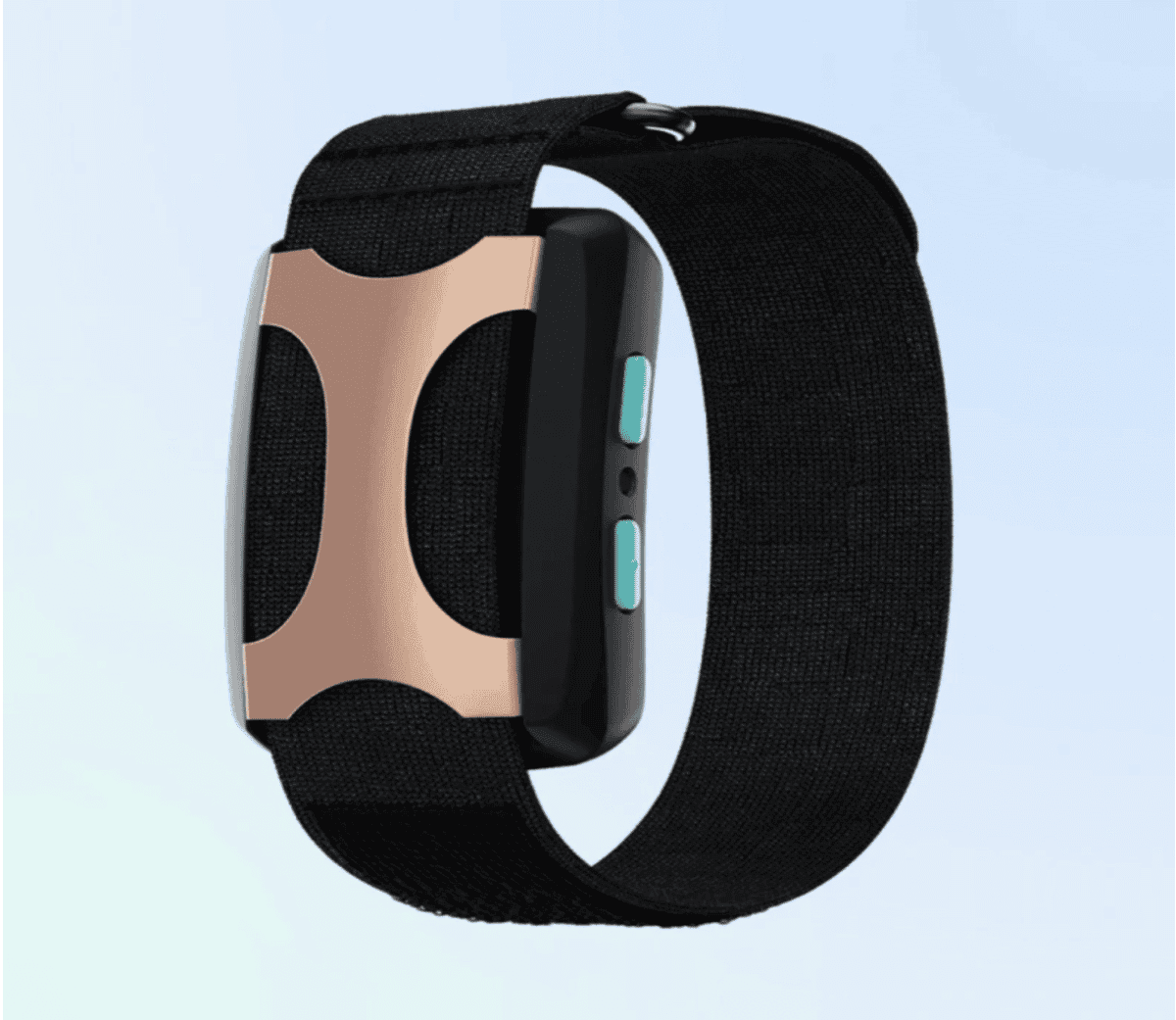
Stress is a primary trigger for various health problems. With a decaying worldwide standard of living, stress has become more difficult to manage now than ever. Well, not anymore.
The stress relief band is a wearable band that uses touch therapy to regulate stress levels, improve mood and sleep, and even boost your brain power. The band uses specialized technology to direct electrical pulses through your body, reducing stress levels and increasing relaxation. In addition to reducing stress and improving sleep, it also helps with anxiety and depression by increasing serotonin levels.
Stress relief bands can be worn on your wrist or ankles or clipped to your clothes; you only need to wear them for less than an hour daily to see results. It molds your mind to track back from stress faster and aids your heart rate variability.
These bands have seven vibration modes of varying intensity controlled through a mobile app, helping to ease stress and soothe anxiety. The seven modes — energy and wake up, clear and focused, social and open, rebuild and recover, meditation and mindfulness, relax and unwind and sleep and renew — can help you start the day, go through a period of emotional stress with a clear mind, and get good sleep.
7. Blood Glucose Monitor
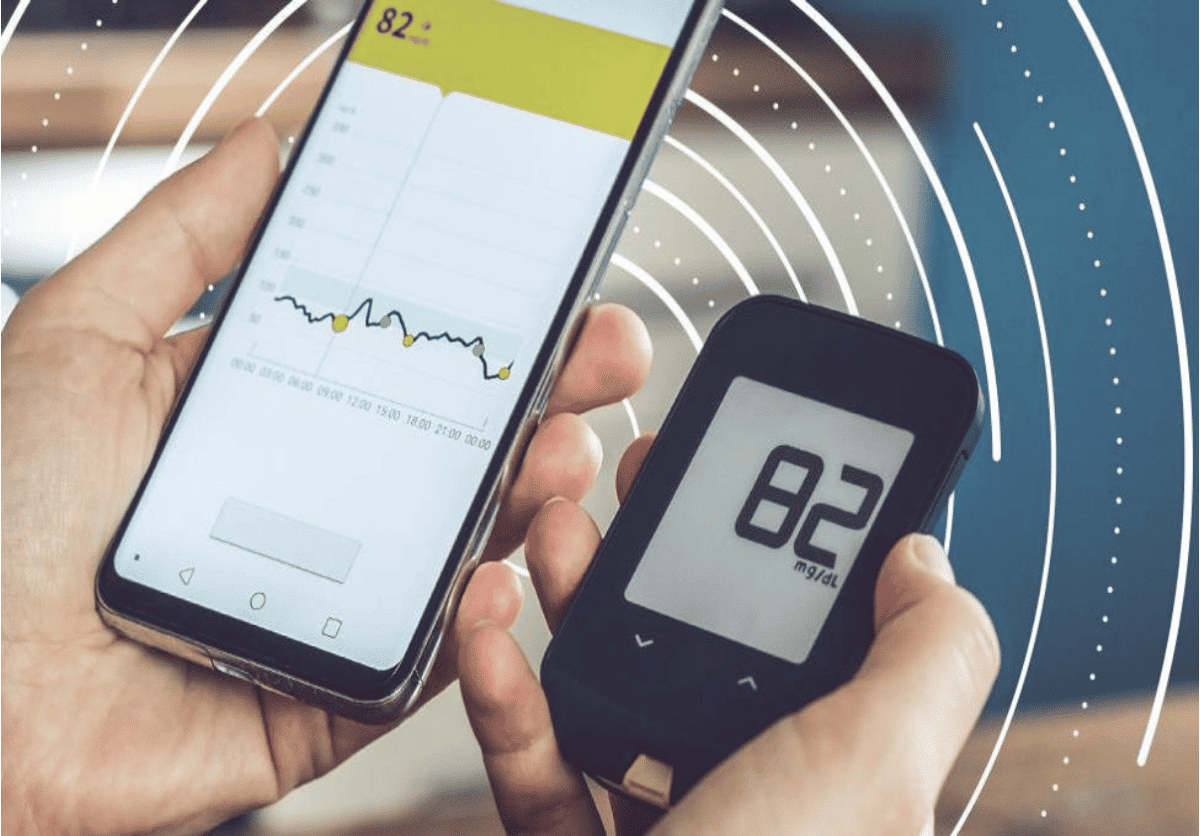
Diabetes is a chronic health issue requiring constant attention. According to the CDC, over 37 million people in the U.S. have diabetes, while another 96 million people are living with prediabetes.
The blood glucose monitor is a portable device that people with diabetes can use to monitor their blood sugar levels. It’s connected to a smartphone app, which allows users to track their results and share them with their doctor. The device uses an optical sensor to measure blood glucose levels and send the information via Bluetooth to the app.
The app keeps track of trends in your blood glucose levels over time, how much medication you’ve taken, and when you last ate or drank something. It also lets you set reminders for taking your medication or eating meals at certain times. In addition to keeping track of your results and comparing them over time, the app sends reminders about appointments with your doctor or dentist, so you don’t miss anything important!
Remember: Technology Can Help
If you’re looking for a new way to stay healthy, the world of technology has a lot to offer. Sometimes it indeed seems like the internet is just one big distraction machine, but there are lots of ways technology can help keep us on track and organized.
So take a look at our list and see what catches your eye. Maybe it’s an app that helps you track your workouts or a wearable device that reminds you to meditate every day. Or maybe you’ll find something even more innovative — the possibilities are endless!

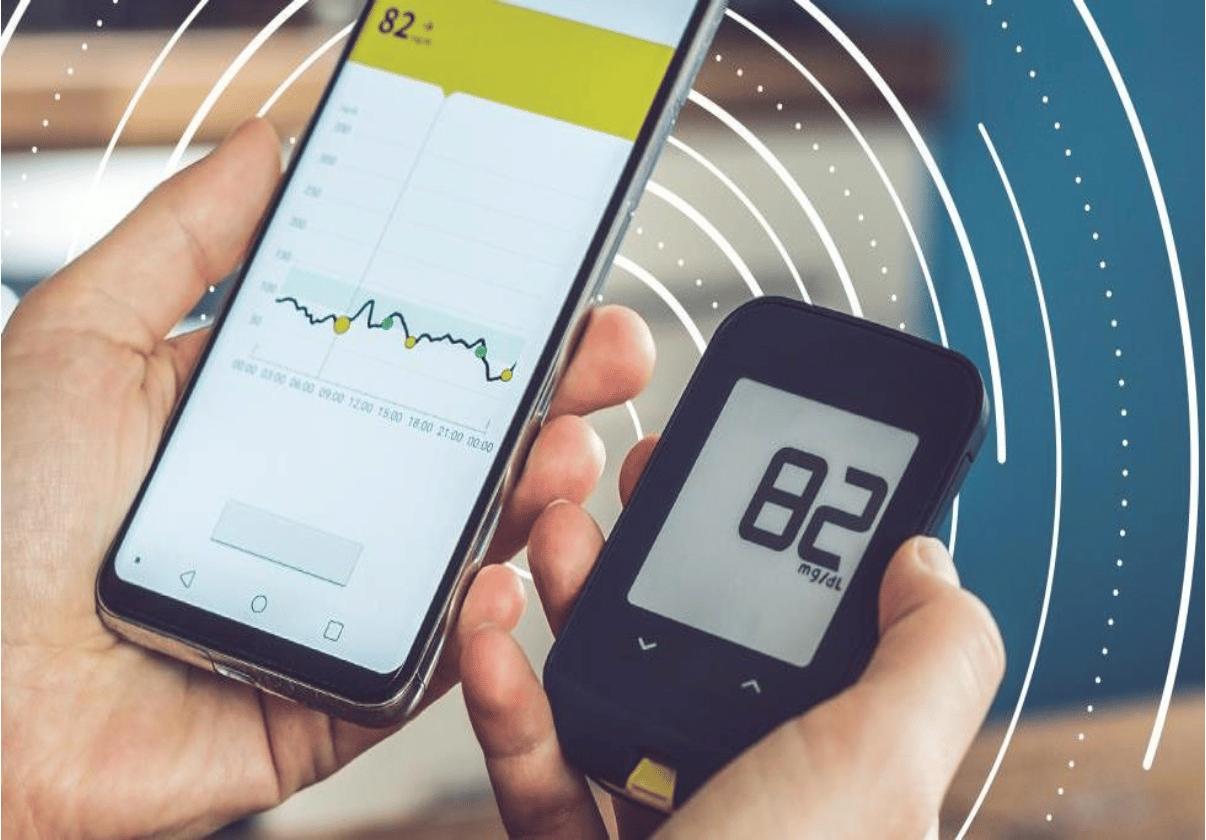
I have hand-on experience with Respiratory Monitors (number 5 i this list). What can I say? They are amazing,
Ok, thank you for your comment.